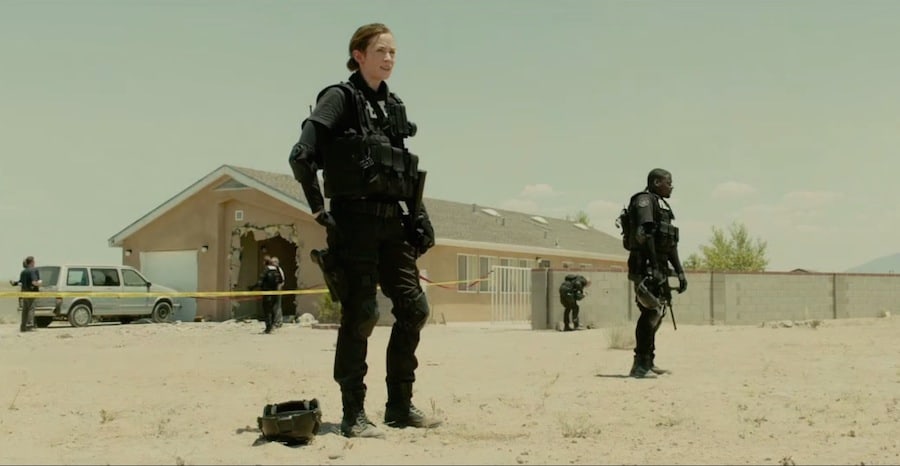It’s the eve of the 88th Academy Awards, which means we’re up to our necks in Oscar prognostication. Will Leo finally nab that Best Actor award? Is Mad Max: Fury Road getting any recognition? And what will host Chris Rock say about another year of whitewashed nominees?
Awards predictions are a dime a dozen, yet the far more interesting questions about the Academy of Motion Picture Arts and Sciences don’t concern inevitabilities but meritocracies. AMPAS has increasingly demonstrated their collective tonedeafness with the times — a fact illustrated earlier this week with trans performer Anohni’s boycotting of the ceremony. Representation and artistry are still intrinsic to one another, which makes the idea of who should win far more compelling than who will win.
Out the five Best Original Score nominees, four are utterly safe picks by the Academy. The music of Bridge of Spies looks back fondly on the Steven Spielberg drama’s ideas of American exceptionalism. It darkens bureaucratic hallways and embassy buildings with classically-constructed bad notes for the Soviet menace only for composer Thomas Newman’s shiny trademark sounds to prop up the moral fiber of Tom Hanks’ hostage negotiations. It’s all in the name of piano-driven nostalgia and while it works it’s completely old hat.
As another mid-50s period piece, Carol indulges in the same sentimentality. This time, Carter Burwell casts a hopelessly romantic veil over Cate Blanchett and Rooney Mara’s taboo romance with staggered, ballad-like compositions. Its themes are decidedly more somber than Newman’s — fitting considering its small tragedy at hand — but there’s a resounding pride however bruised that pokes through. The nomination, while deserved, is more than a touch of a consolation prize a la Brokeback Mountain, given that Todd Haynes’ adaptation of Patricia Highsmith’s novel shares a Best Picture short shrift with the 2005 film.
A win for Carol would be a Oscar-stamped slap in the face. But wins for either Star Wars: The Force Awakens or The Hateful Eight would mark high points for scores whose filmic counterparts don’t quite match the ambitions of their composers. Long-time AMPAS favorite John Williams validated the smiles of every self-identifying Jedi last December with a score that matured along with the characters of a galaxy far, far away. Yet just like seeing a grisled Harrison Ford onboard the Falcon again, The Force Awakens felt different but every bit as good to listen to.
But what would another John Williams win really accomplish? As good as The Force Awakens is, awarding Williams his sixth Oscar would mark, at best, a harmless stamp of approval on the planet’s most popular franchise or, at worst, flippantly validate the biases of what is effectively a shadow organization of old white dudes.
Ennio Morricone seems like a better bet. The 87 year old veteran has amassed hundreds of scoring credits to his name with not a single win to show for it. The Hateful Eight would make an excellent time for the Academy to cover decades of lost ground, especially since Quentin Tarantino’s snow-covered chamber piece drew out the composer’s timeless Western-styled orchestrations.
But would a win for Morricone, as many are predicting this year, be deserved? Or would it fall in line with The Departed as olive branch too little, too late? On shame alone, the Academy can’t top #OscarsSoWhite, but depriving one of Hollywood’s greatest living musicians is one heck of an indictment of a broken system and with no real meritocratic calculus to speak of, Sicario seems as good an example as any to shake things up. It’s loud. It’s ugly. It’s completely devoid of sentiment or rose-tinted wistfulness.
And compared to its four contenders, Jóhann Jóhannsson’s guttural soundscapes are as good a place as any to start fresh. With a history of awarding the safest, morning-commute-friendly music in years past, why not? Rather than add another year to its decades-long dog and pony show, an organization that has progressed in baby steps may as well take a giant leap on its smallest stage. In a system devoid of merit or logic, a sensible corrective is one that doesn’t require sense at all.

